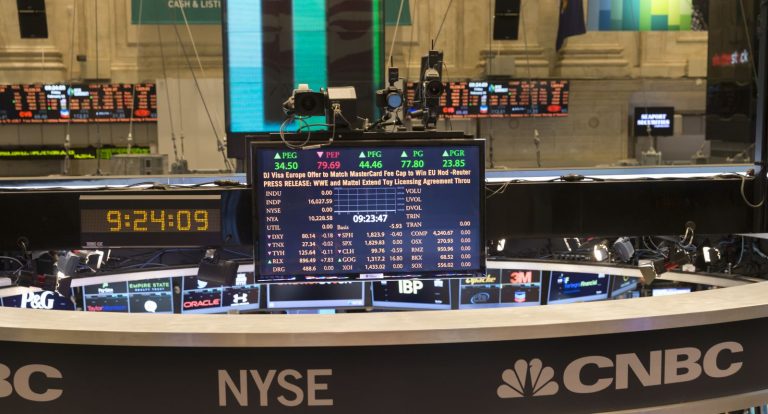Key Takeaways
- The global stock market experienced a broad decline, with major indices like the S&P 500, Nasdaq Composite, and Dow Jones Industrial Average all registering losses.
- Technology stocks were particularly hard-hit, contributing significantly to the Nasdaq’s sharp drop.
- Investor sentiment was influenced by concerns over inflation, potential interest rate hikes by the Federal Reserve, and geopolitical uncertainties.
- The US dollar strengthened against other major currencies, impacting international trade and investment flows.
Market Performance Overview
Global equity markets faced downward pressure in recent trading sessions, with investors adopting a cautious stance amid an increasingly uncertain economic landscape. The S&P 500 index saw a notable decline, reflecting widespread selling across various sectors. Similarly, the Nasdaq Composite experienced a significant drop, largely driven by substantial losses in the technology sector, which has been a high-growth area for investors.
The Dow Jones Industrial Average also recorded losses, indicating a broad market sentiment shift. This widespread decline across major US indices suggests a degree of apprehension among market participants regarding the current economic trajectory and its potential impact on corporate earnings and valuations.
Factors Influencing Market Sentiment
Several key factors appear to be contributing to the recent market downturn and the prevailing cautious sentiment among investors. Persistent concerns about inflation continue to loom large, with recent data indicating that price pressures are proving more stubborn than initially anticipated. This has led to speculation and increased expectations that the Federal Reserve may need to adopt a more aggressive stance on monetary policy.
The potential for further interest rate hikes by the Federal Reserve is a significant overhang for the stock market. Higher interest rates can increase borrowing costs for companies, potentially slowing down economic growth and impacting corporate profitability. Additionally, rising rates can make fixed-income investments more attractive relative to equities, leading some investors to shift their portfolios.
Geopolitical uncertainties also continue to play a role in market volatility. Ongoing international conflicts and trade tensions create an environment of unpredictability, making it challenging for businesses to plan and for investors to assess risk. These external factors add another layer of complexity to an already challenging economic environment.
Impact of Economic Indicators
Recent economic indicators have provided mixed signals, further contributing to investor uncertainty. While some data points suggest resilience in certain areas of the economy, persistent inflation figures and concerns about the pace of future economic growth are weighing on sentiment. The market is closely monitoring incoming data for clues about the likely path of inflation and monetary policy.
The strength of the US dollar has also been a notable development. A strengthening dollar can have a multifaceted impact on the global economy. For US companies that export goods, a stronger dollar makes their products more expensive for foreign buyers, potentially dampening international sales. Conversely, it can make imports cheaper for US consumers and businesses.
💡 For multinational corporations, currency fluctuations can significantly affect reported earnings when results from foreign operations are translated back into US dollars. This currency dynamic adds another layer of complexity to investment analysis.
Sector-Specific Performance
The technology sector, which has been a significant driver of market gains in recent years, has shown particular vulnerability. Rising interest rates can disproportionately affect growth stocks, as their valuations are often based on expectations of future earnings, which are discounted more heavily in a higher-rate environment. Many technology companies are also sensitive to consumer spending and business investment, both of which can be impacted by broader economic slowdowns.
Other sectors have also experienced fluctuations, though the performance has varied. Investors are reassessing their exposure across different industries, looking for companies that may be better positioned to navigate an inflationary environment and potential economic headwinds. This often involves a shift towards companies with strong balance sheets, pricing power, and essential products or services.
Expert Summary
The recent downturn in global stock markets is
characterized by broad declines across major indices, with technology stocks experiencing notable weakness. Investor sentiment has been shaped by concerns over persistent inflation, the prospect of Federal Reserve interest rate hikes, and ongoing geopolitical risks. The strengthening US dollar adds another layer of complexity to the global economic outlook.

